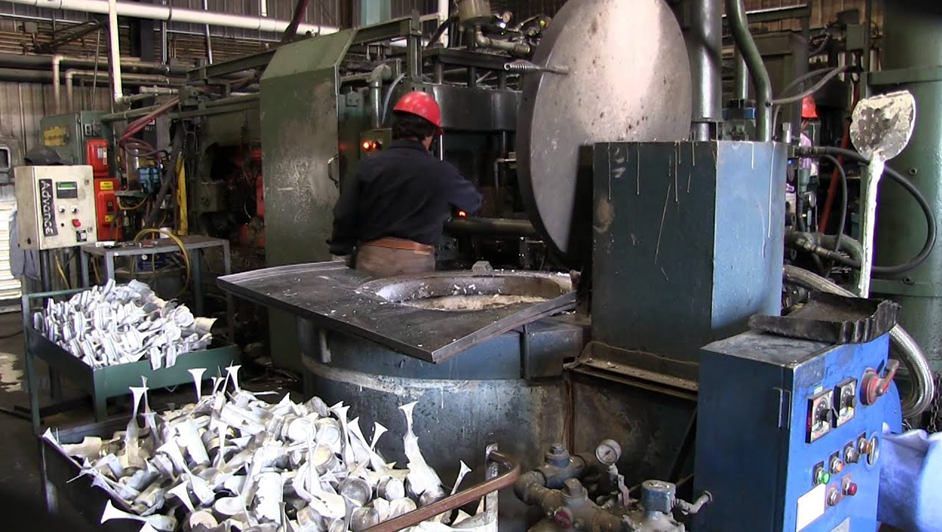Quality control is an essential aspect of magnesium alloy casting production. Magnesium alloys are lightweight, strong, and have excellent thermal conductivity and corrosion resistance, making them suitable for various applications in the aerospace, automotive, and medical device industries. However, magnesium alloy castings are challenging to produce due to their unique properties and characteristics, making quality control an essential consideration in the production process. Here are some reasons why quality control is crucial in magnesium alloy casting production:
Consistent Quality: Quality control ensures that magnesium alloy castings are produced to a consistent and high-quality standard, which is essential for ensuring that they meet the performance requirements of the application.
Reduced Scrap and Rework: Quality control helps to identify defects early in the production process, reducing the amount of scrap and rework required, which can be time-consuming and costly.
Improved Safety: Magnesium alloys are highly reactive, making them potentially hazardous during the production process. Quality control measures can help to identify and eliminate potential safety hazards, improving the safety of the production environment.

Compliance with Industry Standards: Quality control ensures that magnesium alloy castings meet industry standards, such as those set by the American Society for Testing and Materials (ASTM), ensuring that they are suitable for their intended application.
Customer Satisfaction: Quality control helps to ensure that magnesium alloy castings meet customer specifications and requirements, ensuring that they are fit for purpose and meet customer expectations.
Cost-Effective Production: Quality control measures can help to reduce production costs by identifying defects early in the production process and minimizing the need for rework or scrap.
In conclusion, quality control is a critical aspect of magnesium alloy casting production. It helps to ensure consistent quality, reduce scrap and rework, improve safety, comply with industry standards, improve customer satisfaction, and promote cost-effective production. Quality control measures, including inspection and testing, are essential for ensuring that magnesium alloy castings meet the required standards and are suitable for their intended application.
-

- Customized foundry products high precision die-casting parts for e-bike integrated frame
-

- Componentes de tixomoldeo de magnesio de alta precisión cubierta de la carcasa del portátil A
-

- Piezas y componentes de fundición a presión de aleación de magnesio para bicicletas eléctricas
-

- Rueda de bicicleta de piezas de fundición de aleación de magnesio con mecanizado CNC y acabado de superficie
-

- Fundición a presión de aleación de magnesio Piezas metálicas de tixomoldeo
-

- Wholesale Magnesium Alloy Baby Cycle For 3 To 5 Years Old 12 Inch Kids Cycle OEM Cheap

 0086-750-5616188
0086-750-5616188 +86 13392089688
+86 13392089688 sales@zhongmei-tech.com
sales@zhongmei-tech.com







